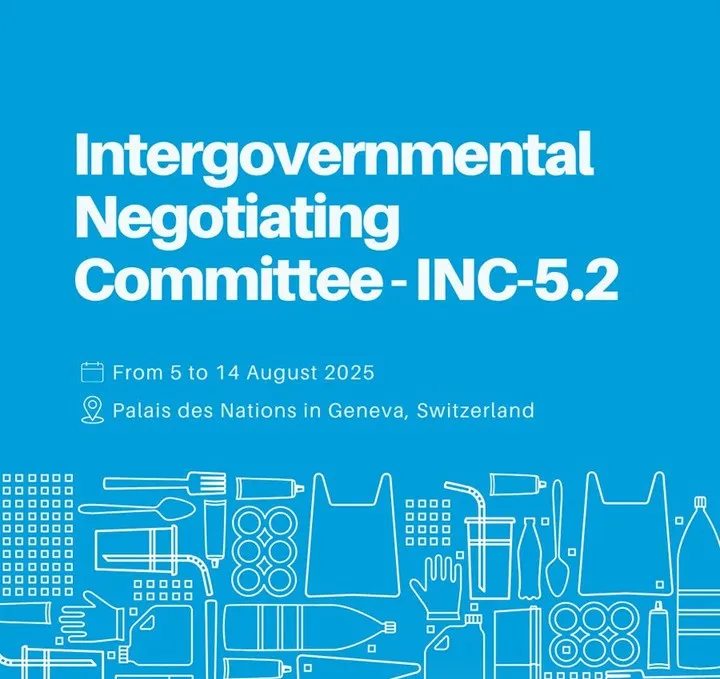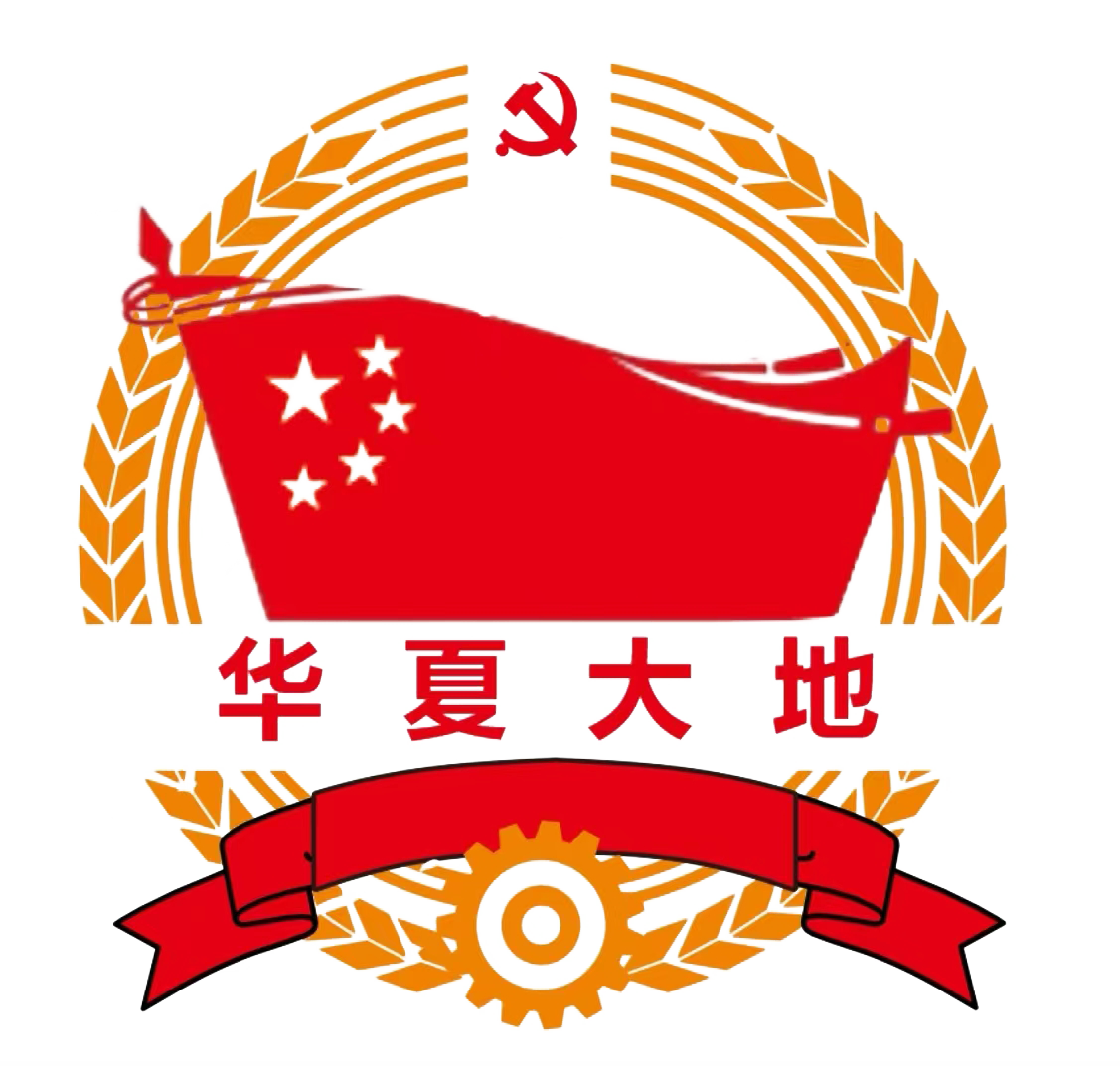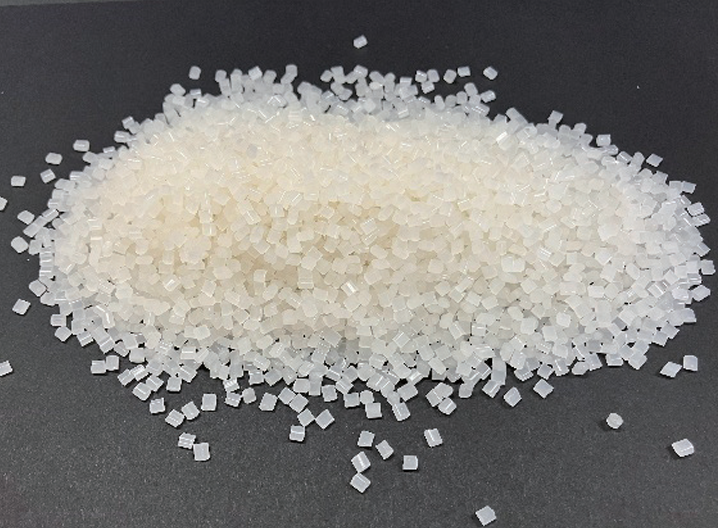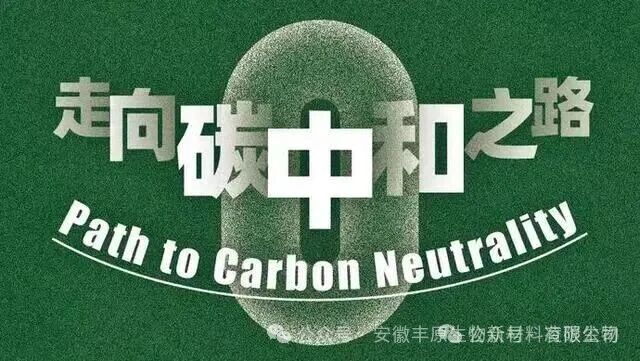On March 3, the United Nations Environment Programme said that after countries failed to agree on the parameters of a final agreement in Busan, South Korea, last December, a new round of global plastics treaty negotiations will be held in Geneva, Switzerland, from August 5 to 14.
The negotiations, formally known as the Intergovernmental Negotiating Committee 5.2 (INC 5.2), will bring together national negotiators as well as industry and non-profit observers from experts in the fields of public health, environmental justice and Marine science.
The most contentious issues blocking a final deal in Busan include limits on plastic production, regulation of plastic products and chemicals of concern, and funding to help developing countries implement the treaty.
More than 100 countries have backed a draft treaty that would pave the way for global targets to reduce plastic production, while a rival proposal backed by oil and petrochemical producers ignores production caps.
When countries reconvene in Switzerland amid a geopolitical landscape altered by diplomatic tensions, a deal could face more resistance.
Under President Donald Trump, the United States has withdrawn from the Paris climate Agreement. Washington under Trump has also cut off funding for projects in other countries to combat climate change and started imposing tariffs on countries including Allies such as Canada and Mexico.
The EU has shown signs of watering down some of its climate policies, such as giving carmakers more time to comply with new emissions targets, easing sustainability reporting requirements and expanding exemptions from border carbon taxes.
The last round of UN climate talks in Baku, Azerbaijan, showed that cracks were beginning to appear in climate cooperation, with countries barely agreeing on a $300 billion a year global financing target that was criticised by several countries, including India.








